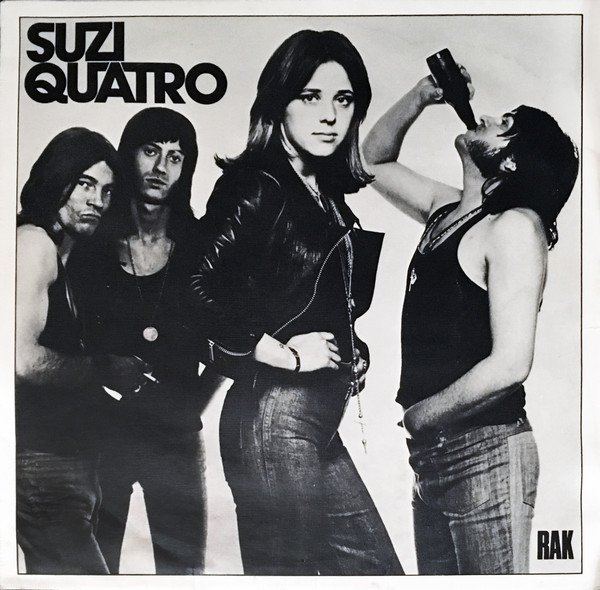When: Released June 22, 1993
Why? Liz Phair is the only artist on this list that I’ve really known prior to listening to this album. I own and thoroughly enjoy both “Liz Phair” (2003) and “Somebody’s Miracle” (2005), albums that have gotten a lot of flak from long-time fans for being too overtly commercial, particularly in light of how Phair’s career began. “Exile in Guyville” is an album that critics have called “an astonishing debut,” “one of the best albums of the Nineties,” and “a masterpiece.” Since it also has a reputation for being markedly different than Phair’s later work, I wanted to give this one a listen.
What? “Exile in Guyville” is an 18-song, 57-minute double album.
Some background: Guyville was a nickname given to Chicago’s indie music scene in the early 1990s when Phair was working to break through there. In other words, it was a guy’s scene; women need not apply. This is Phair’s assessment of and rebuttal to that situation, ostensibly presented to mimic the flow of the Rolling Stones’ “Exile on Main Street” (1972).
First Impressions: In a series of concise, focused songs—many of which eschew traditional verse-chorus structure—Phair explores toxic masculinity and female agency in a variety of scenarios. Some songs are full band performances, others are built on just a piano or a guitar accompanying Phair’s distinctive voice.
From the very beginning, in opener “6'1",” it is clear that Phair has no desire to measure up to men’s expectations for what a woman should be, do, or want. Yet those misogynistic ideals continue to threaten: In “Help Me, Mary,” the narrator says that the men who surround her “make rude remarks about me / They wonder just how wild I would be. / As they egg me on and keep me mad / They play me like a pit bull in the basement…” She closes with the plea, “Weave my disgust into fame / And watch how fast they run to the flame.” To these men, she will always be just an object until she has something they’re desperate for.
There is nothing like a traditional love song here—or, for that matter, a traditional song of any type. On “…Guyville,” love more closely resembles lust, and relationships between the sexes are often abusive, unequal, demoralizing. In song after song, Phair’s voice highlights hypocrisies while fighting back with quiet power and agency. And even though she can be biting in her satire, it never feels bitter or self-pitying. She’s simply a woman who has had enough and believes it’s time for a reckoning.
“If I want to leave, you better let me go,” she sings in “Girls! Girls! Girls!” Why? “Because I take full advantage of every man I meet. / I get away almost every day / With what the girls call…murder.” In the album’s most unabashedly raunchy song, “Flower,” she takes the stereotype of how men think women should think about sex—as submissive, virginal partners or even bashful ones—and explodes it with an inventive and hypnotic vocal arrangement and lyrics that spell out exactly what she wants to do. To the extent that, other than the line “Every time I see your face / I think of things un-pure, unchaste,” there’s almost nothing else in the song I feel comfortable quoting here!
But Phair’s frank sexuality here highlights an interesting point about this album, I think. When male rockers sing about sex, they tend to couch it in the kind of metaphors best delivered with a wink and a nudge. When Phair sings about what she wants sexually, she cuts to the chase. She uses the words. That brings female sexuality into the light and puts it on the same plane as everything else she’s exploring so honestly: divorce, manipulation, fame, desire. I respect that.
The penultimate track, “Stratford-on-Guy,” brings a revelation. As the narrator flies high above Chicago in a plane, she realizes that Guyville, with all its seemingly overwhelming flaws, doesn’t represent the world. Looking down at it from 30,000 feet, it’s insularity shrinks to insignificance. Up in the sky, free of the gossip, the backstabbing, the narrow-mindedness, she gains perspective: “It took an hour / Maybe a day / But once I really listened / The noise just went away.”
So? Like Patti Smith’s “Horses,” this is a tough album for me to evaluate after a single listen. There are layers and themes to the stories in these songs that will only come to light through additional listens. And while I still prefer the more straightforward pop-rock of Phair’s later work at this point, I’ll definitely listen again.




